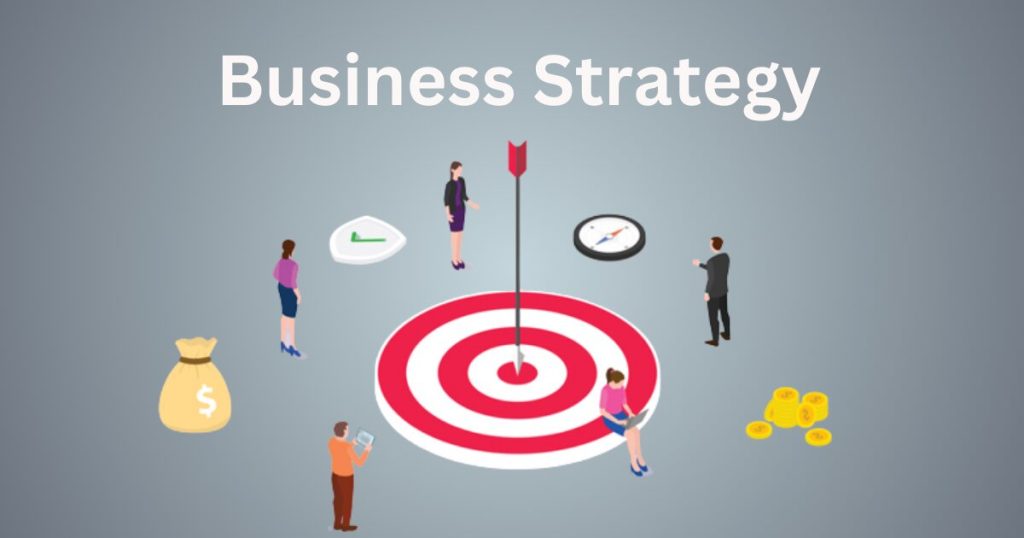Paragraph 1: The Foundation of Sustainable Business
Building a sustainable business requires a shift in perspective from short-term gains to long-term vision. It’s about creating an enterprise that not only generates profits but also thrives over time, adapting to market fluctuations and evolving customer needs. This longevity hinges on several core principles: a clearly defined purpose beyond profit, robust financial management, strong stakeholder relationships, and a commitment to innovation. Businesses that prioritize these elements cultivate resilience and position themselves for enduring success. A strong sense of purpose guides decision-making and fosters a loyal customer base, while sound financial practices ensure stability and the capacity to weather economic storms.
Paragraph 2: Vision, Mission, and Financial Prudence
Defining a clear vision and mission is paramount. These statements articulate the company’s reason for existence beyond profit, guiding its trajectory and resonating with customers and partners who share similar values. A compelling purpose attracts loyal customers and fosters long-term collaborations. Equally crucial is financial stability, achieved through meticulous cost control, strategic reinvestment of profits, and the development of diverse revenue streams. This diversification mitigates dependence on a single income source, bolstering the business against market volatility. A financially sound foundation allows for expansion when opportunities arise and prevents crippling debt that can jeopardize long-term viability.
Paragraph 3: The Human Element and Technological Advancement
People are the lifeblood of any business, and nurturing strong relationships with employees, customers, and investors is essential. A positive work culture, fair compensation, and opportunities for growth cultivate employee loyalty and boost productivity. Satisfied customers, in turn, transform into repeat buyers and enthusiastic brand advocates, driving organic growth through word-of-mouth marketing. Furthermore, embracing technology and innovation is crucial for staying competitive. Adopting digital tools, implementing sustainable practices, and exploring creative marketing strategies enable businesses to adapt to a rapidly changing landscape and maintain a leading edge.
Paragraph 4: Ethical Practices and Sustainable Growth Strategies
Sustainability extends beyond financial performance to encompass ethical business practices. This includes fair labor policies, responsible sourcing of materials, and minimizing environmental impact. These actions not only align with societal values but also enhance brand reputation and attract environmentally conscious consumers. Building robust governance and compliance systems fosters transparency and accountability, ensuring adherence to legal and industry standards. Furthermore, prioritizing long-term growth requires strategic planning, risk management, and a commitment to continuous learning. By anticipating future challenges and adapting proactively, businesses can navigate disruptions and remain resilient.
Paragraph 5: Implementing Systems for Scalability and Efficiency
Scaling a business requires more than just ambition; it demands efficient systems and processes. Documenting every client interaction, automating routine tasks, and leveraging technology are crucial for streamlining operations and achieving predictable results. This systematization allows for smoother delegation as the business grows, and it provides valuable insights into workflows and client interactions. Mastering the mundane, though seemingly unexciting, is the foundation of a scalable business. By establishing repeatable processes, businesses can create consistent outcomes and free up valuable time and resources for strategic initiatives.
Paragraph 6: Continuous Improvement and Long-Term Vision
Building a sustainable business is an ongoing journey of continuous improvement and adaptation. Regularly monitoring and measuring sustainability performance, engaging with stakeholders, and planning for long-term growth are essential for sustained success. Embracing a culture of innovation and responsible leadership allows businesses to anticipate and respond to evolving market dynamics and customer preferences. Ultimately, the goal is not merely to survive but to thrive, creating a business that generates value for stakeholders, contributes positively to society, and endures for generations to come. This requires a long-term vision, a commitment to ethical practices, and the resilience to adapt and evolve in an ever-changing world.














